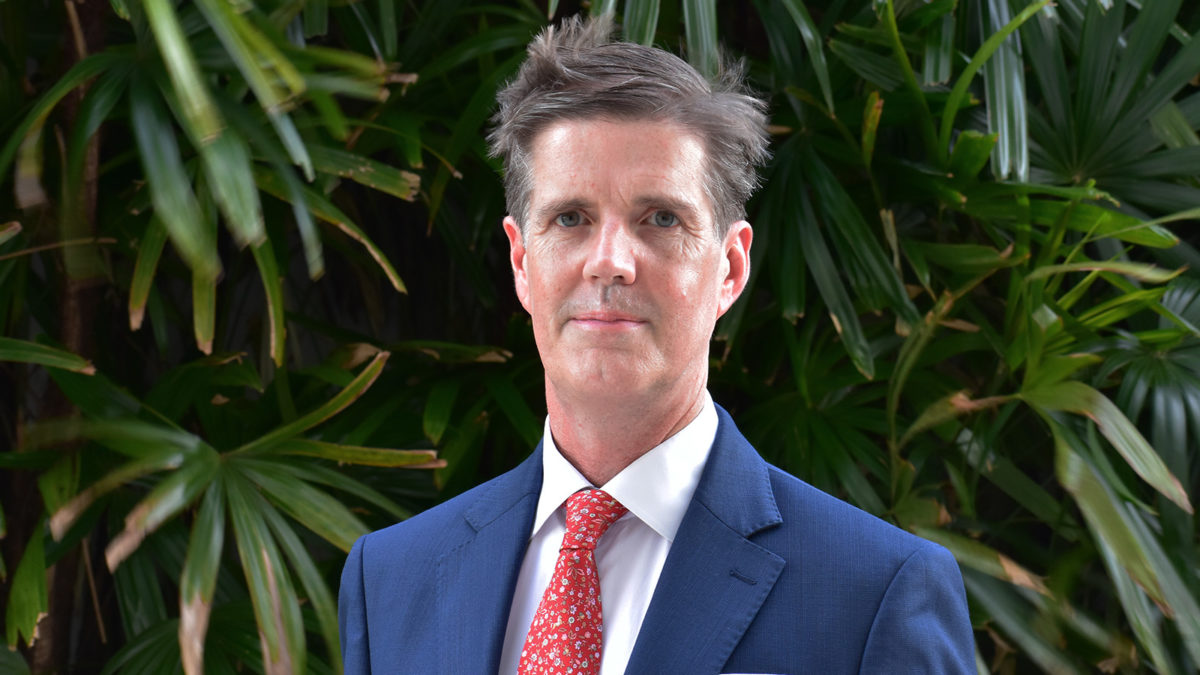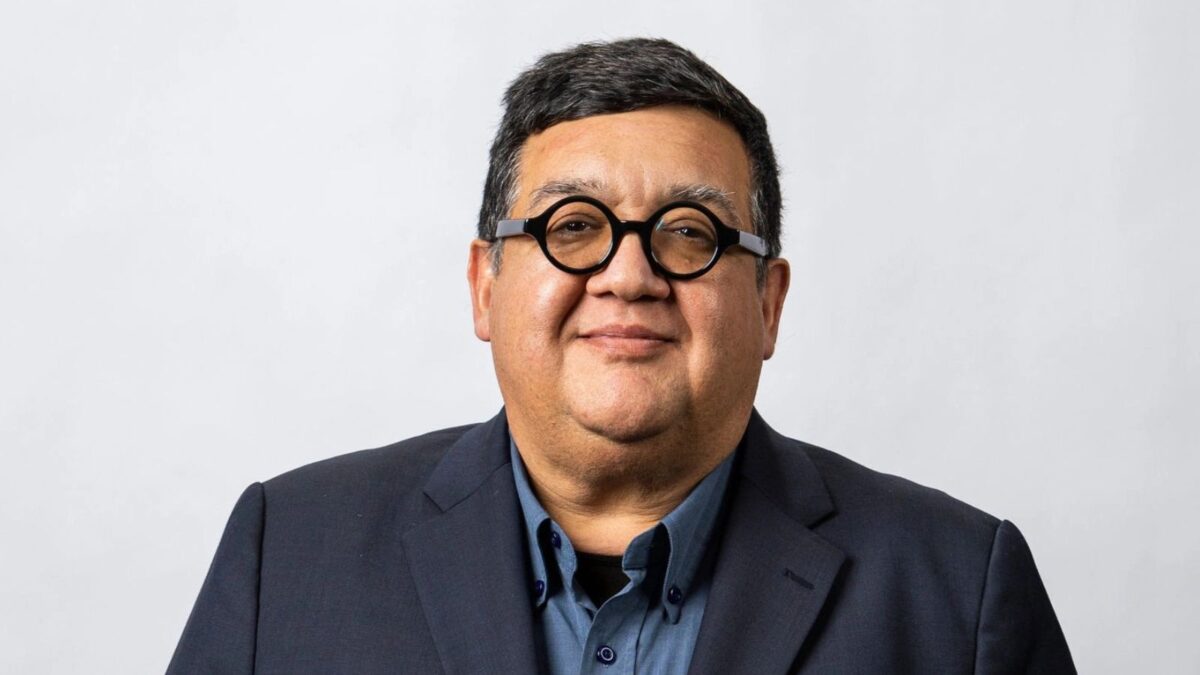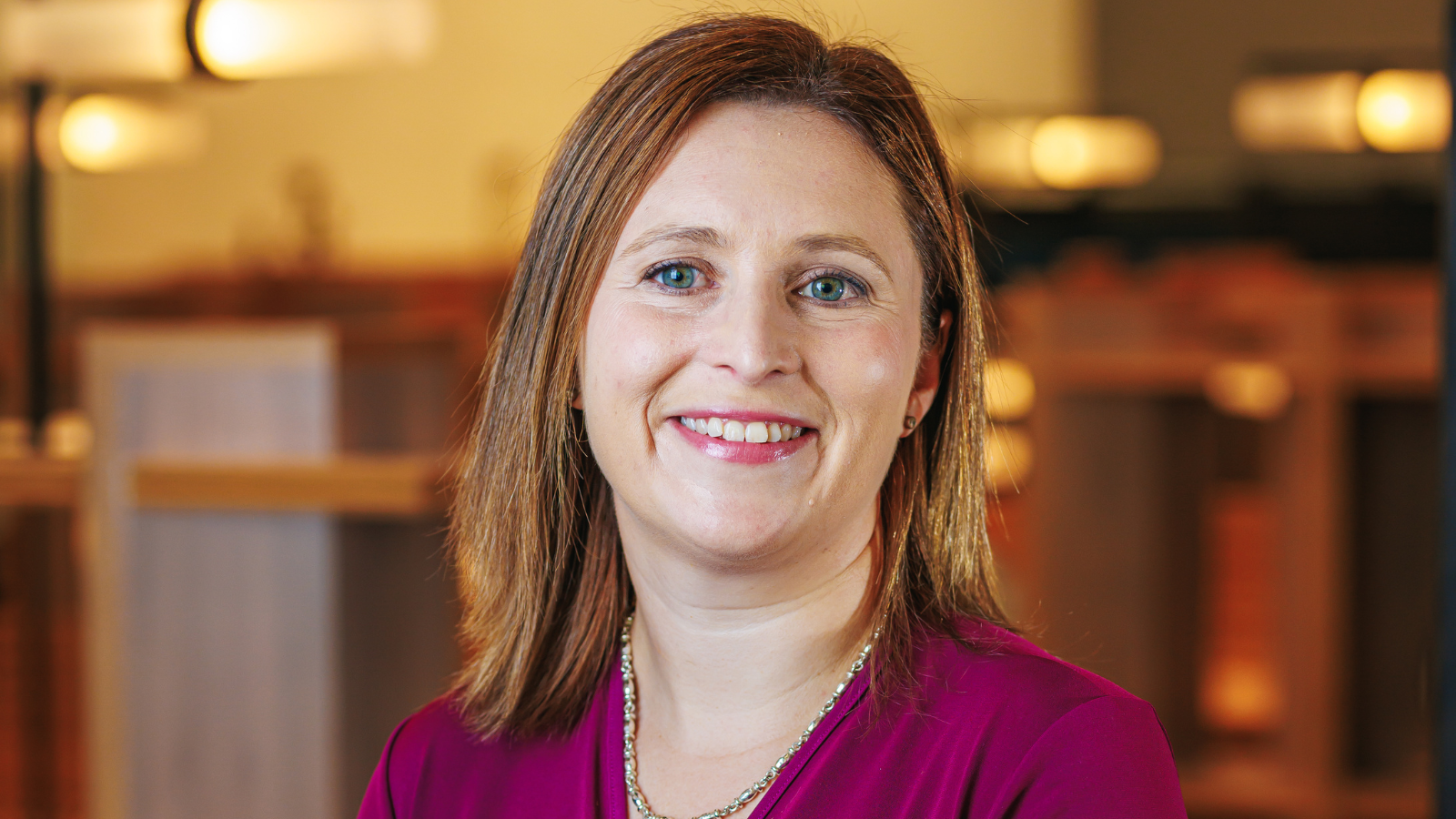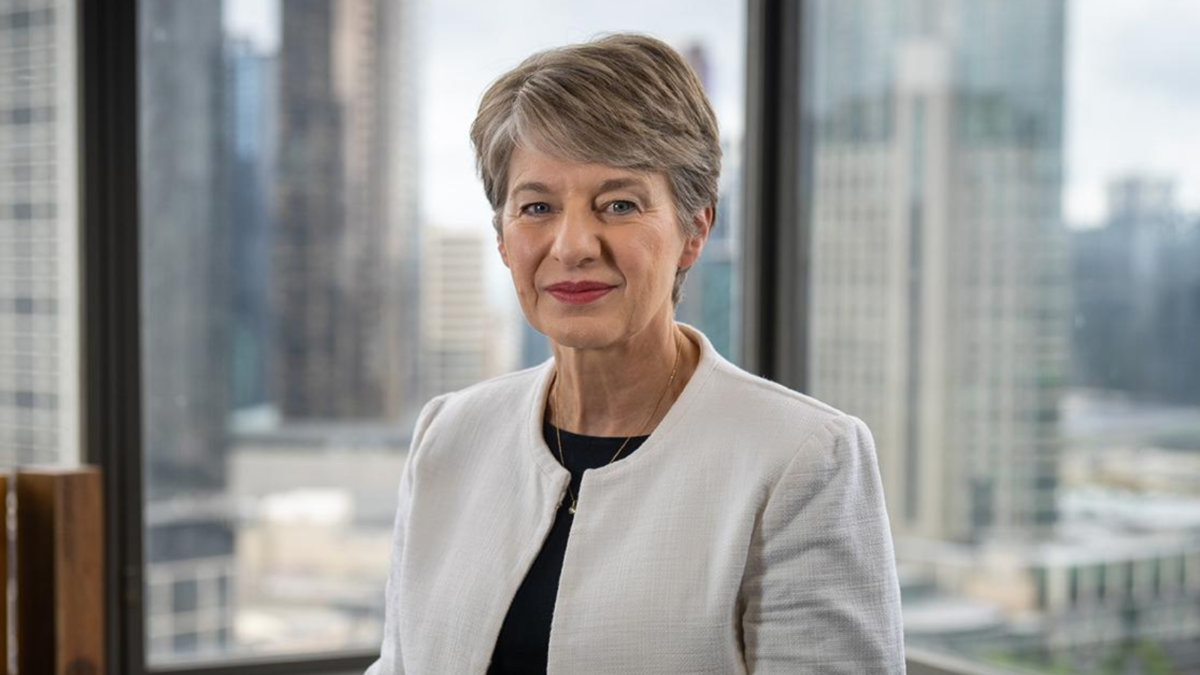‘An art, not a science’: 15 years of PE lessons from QIC
“We have had a period of time in the last ten years where private equity (PE) has just done so well, and it will be interesting now because, just definitionally, there will be a few bad stories that come out,” says Marcus Simpson, former head of global private capital at QIC and current chair of PE firm PieLAB.
“Certainly it’s a time to go with very experienced managers and be careful and judicious in what you do going forward – but keep investing, because there’s going to be some really good investments made in the next period, as there always are in downturns.”
Simpson would know better than most. After stints running private equity at Virginia Retirement System and advising on it as CEO of Altius Associates, he was recruited by QIC to build its PE capability “from scratch” in 2005. It’s gone on to deliver a 17.4 per cent annualised return since inception (Simpson handed the reins to Stephen Watmore back in early 2020).
QIC had some advantages: it already had a big in-house direct real estate team, so the new PE function sat on top of existing tax, legal and corporate structures; and it wasn’t a pure institutional investor, so the income from its activities as an external manager for other institutions meant it could pay salaries in line with the market, something the US pension plans and their Australian brethren still struggle with.
In 2005, they probably struggled a bit more. While many of Australia’s super funds had begun flirting with PE, outsourcing the function and investing in fund-of-fund structures, it “wasn’t as successful as they thought it would be”. Predictably, high fees ate into returns; there were a few missteps into venture capital, and it wasn’t until the 2010s that they’d kick their own programs back into high gear.
“They’re doing many of the right things,” Simpson says. “It does help to have an internal staff; the staff then has to communicate and have buy-in and endorsement from the board in terms of what happens with private equity; J-curves, and it is expensive. And it does help to have the ability to either place staff overseas – the US remains the largest market, at 50-60 per cent of most portfolios – or have consultants who are based there.”
But PE hiring is not just about salaries and purpose. At QIC, Simpson tried to hire people who were intellectually curious and open to other ideas, as well as those that had experienced a “hiccup” in their career – they’d gone for the top job and not got it, or tried to start their own firm and failed – on the basis that it “breeds humility… and you’re able to understand the ups and downs of life and investment portfolios.”
The other, more immediate difficulty the super funds have is the recent controversy around the valuation of some of the growth-ier private businesses they’ve loaded up on during the money-fuelled tech bubble. Canva was the poster child on the way up, and it’s the poster child on the way down, Simpson says.
“(Valuation) is an art, not a science. The methodology does improve as it’s tested over time. In the past, we’ve taken discretionary markdowns at the whole of portfolio because they know the market has dipped… unfortunately, in Australia, and that’s the right thing to do, but you might also have an APRA test coming up or you might be compared to peers – and how do you know your peers have done that?”
“It’s always going to be really hard, and it becomes harder when you have a company like a WeWork or a Canva that’s a really hard part of your portfolio, and if you do have one of those and all of a sudden markets tank, you’re going to be in the press.”
Post-QIC, Simpson has been splitting his time between advising the super funds and private equity firms, running a wellness business, planning a two-month cycling trip from the London to Budapest, and the aforementioned chair role at PieLAB, which focuses on the underserved small and medium enterprise space and which he says is “pushing the boundaries of private equity with a very modern strategy.”
“If you have a really good private company that you own, why should the structure of the fund that you’re in force you to sell it and give that company to somebody else? The CEOs of those companies don’t like it, because every four or five years they have to go through the process of selling it. It’s really disruptive… so (PieLAB founder Chris Rolls) has this long-term ownership model.”
“For some institutional investors they’re too used to this ten-year term model, but sometimes the CIO says they want long-term ownership… it’s beginning to change.”
Simpson has also been studying the retailisation of private equity as internalisation of the function drives firms to find new markets for their strategies. The amount of capital in SMSFs and self-directed retail options dwarfs that in the industry funds, and the thinking is that “if (PE firms) can get a share of that, it’s untapped new capital to help their businesses grow.”
“Some of the offerings out there are definitely good for the managers, and the individuals don’t know because they haven’t had the 25 years of experience at a super fund. But there are some offerings out there that are quite good – I’d consider putting my money in them.”










